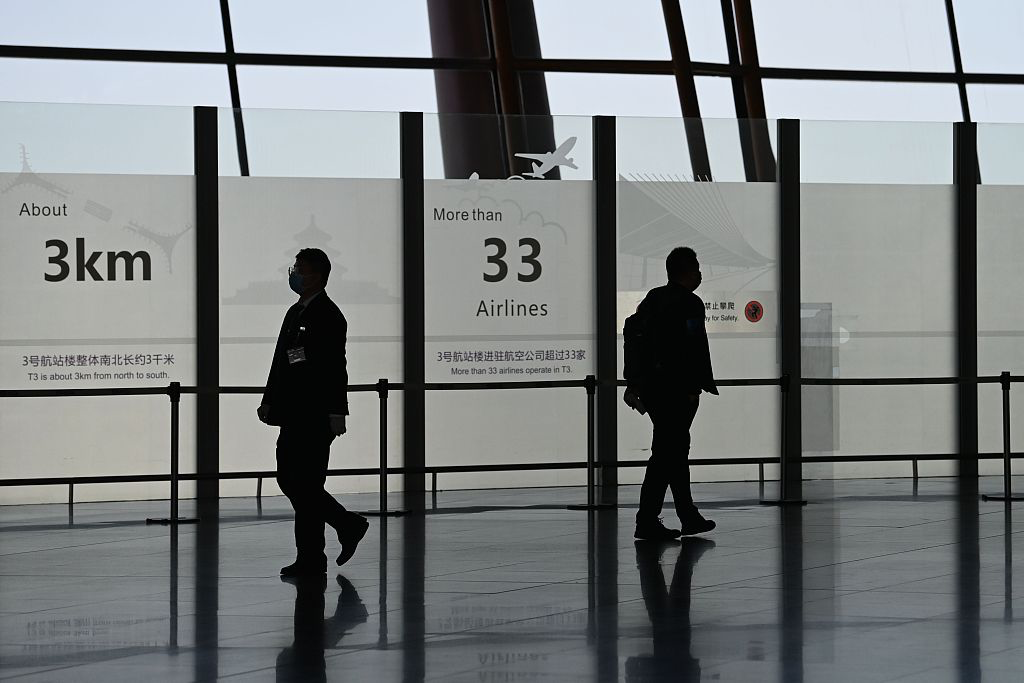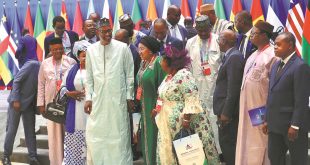Published: January 08,2023
By Guo Yi

With the mutation of the COVID-19 virus, the popularization of vaccination, and the accumulation of experience in prevention and control, China has announced that it will downgrade management of the disease from Class A to Class B from January 8.
Policies such as cancelling quarantine for international travelers, restoring international passenger flights, and resuming passport and visa issuance, will take effect from the same date.
As China is the world’s second largest economy and the major economic growth engine, its optimized COVID-19 strategy, especially the decision to lift the entry and exit restrictions, will inject fresh impetus for global economic market.
So, what are the possible impacts of China optimized COVID-19 strategy on Africa?
Tourism in African is estimated to get a major bump, with an expected influx of Chinese tourists.
After the optimized strategy being implemented, outbound tourism sector is expected to regain its vitality in China. Pre-pandemic statistics from the China Tourism Academy show that Chinese tourists made 155 million international trips and spent over 133.8 billion U.S. dollars overseas in 2019. Considering the significant number of potential Chinese tourists, the recovery of China’s outbound travel is expected to play a key role in reviving the African tourism market in the post-pandemic era and make contribution to the growth of tourism revenue.
Bilateral trade will also stand to benefit from the optimized strategy, as the new rules encourage foreignersto come to China and promote the exchange betweenbusinessmen. African traders will be able to visit China and strengthen ties with their Chinese partners and peers for exploring new business opportunities.
In 2021, the total bilateral trade between China and Africa reached 254.3 billion U.S. dollars, among which, Africa exported 105.9 billion U.S. dollars of goods to China, according to the data from the General Administration of Customs of China. The shift in China’s COVID-19 response will help restore the confidence in investment and business sector between the two sides, which are likely to make China-Africa bilateral trade volume reach a new high.
As for many African youth, the impact on academic exchange should be of paramount concern to them. According to pre-pandemic data released by China’s Ministry of Education, more than 81,000 African students studied in China in 2018, accounting for 16.5 percent of the country’s foreign students. With China’s decision to lift the entry and exit restrictions, many African students can return to China to finish their studies or apply for higher education programs in Chinese universities.
Meanwhile, various cultural exchange activities between the two sides will be resumed, which will build a bridge for African youth to communicate with their Chinese peers.
The author is a Nairobi-based editor from CMG Africa
 Africa -China Review Africa -China Cooperation and Transformation
Africa -China Review Africa -China Cooperation and Transformation
